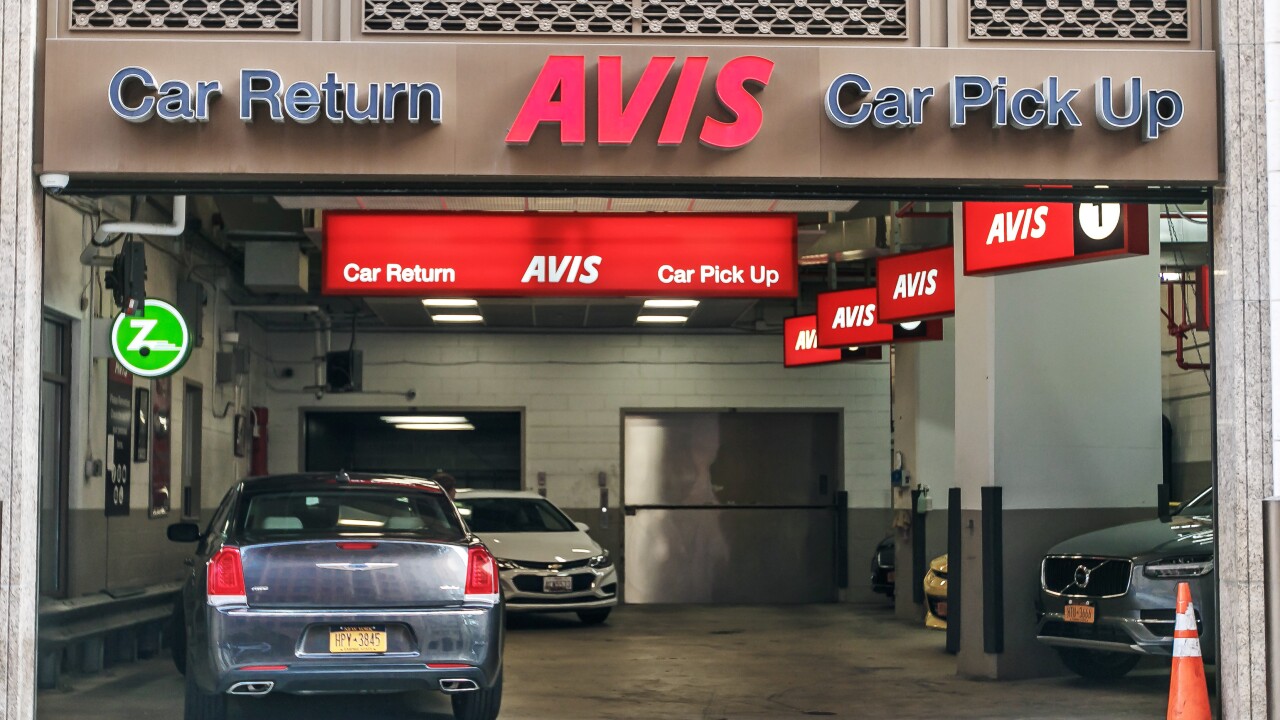Octagon Credit Investors and Anchorage Capital are each taking a third lap with a collateralized loan obligation minted in the early years after the financial crisis, demonstrating that it can be easier to recycle collateral than source new loans amid stiff competition for assets.
According to rating agency presale reports, Octagon is refinancing and extending a $750 million CLO that was originally issued in 2013 before undergoing an interest rate reset in March 2017.
Anchorage, meanwhile, is issuing the new $512 million Anchorage Capital 1-R, seeded from assets purchased from its debut CLO issued in December 2012; the deal was subsequently refinanced in October 2016.

Octagon’s refinancing of Octagon Investment Partners 18-R, via Citigroup, will maintain the three Class A series of notes (A-1, A-2A and A-2B), all of which are rated triple-A and total $420 million, according to S&P Global. The coupon on the new Class A-1a notes is 96 basis points over Libor, a reduction from the previous 113-basis-point level from the A-1-R notes issued a year ago from the refinancing of Octagon Investment Partners XVIII. The original spread was 148 basis points in November 2013.
The other senior note classes are the unrated A-1b notes ($28 million, priced at Libor plus 115 basis points) and the double-A-rated A-2 notes ($87.5 million, Libor plus 140 basis points).
The deal’s new weighted average spread is 3.35% and it has a standard two-year non-call period and five-year reinvestment period. The weighted average life of the identified collateral is 7.01 years.
The deal is among 22 Octagon-managed CLOs, with a combined assets under management of $13.2 billion.
The triple-A-rated paper in Anchorage’s new deal is sized at $282.5 million, with a spread of 99 basis points. The original $311.6 million AAA tranche was priced at Libor plus 142 basis points.
Some of the deal’s key metrics include a below-average leverage level of 8.07x and weighted average cost of debt (1.4%), compared to the three-month average of CLOs rated by S&P.




